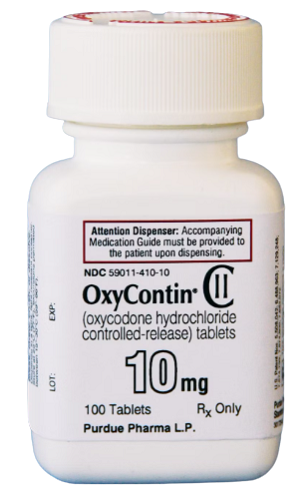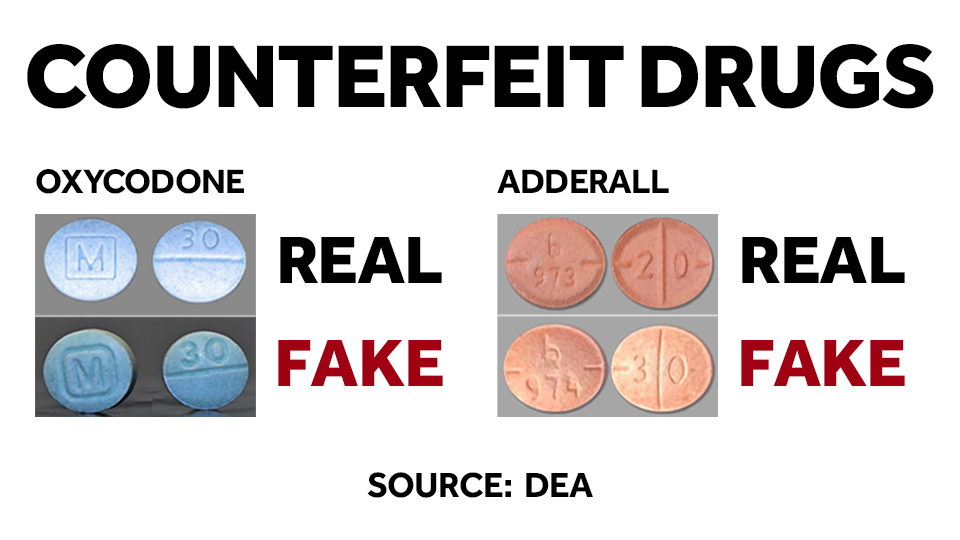
Attention: Oxycodone Addiction Is Closer Than You Think
Every day, families lose loved ones to opioid addiction—and many of those stories begin with a legal prescription for oxycodone.
What starts as pain relief after surgery or injury can quickly become a life-altering dependency.
Oxycodone is one of the most misused prescription painkillers in the U.S., with thousands of overdoses reported annually.
If you or someone you love has been prescribed oxycodone, it’s critical to understand how addiction forms—and how to stop it before it takes over.
Interest: Understanding the Nature of Oxycodone Addiction
What is Oxycodone?
Oxycodone is a powerful opioid used to treat moderate to severe pain. It’s found in brand names like OxyContin, Percocet, and Roxicodone.
When used beyond prescribed limits or for non-medical reasons, it becomes dangerously addictive.
How Oxycodone Addiction Happens
- Tolerance builds quickly
- The brain begins craving the euphoric “high”
- Users chase that high, increasing dosage and frequency
- Withdrawal symptoms begin when trying to stop
Common Signs of Addiction
- Running out of prescriptions early
- Doctor shopping for new refills
- Mood swings, anxiety, or depression
- Isolating from loved ones
- Changes in sleep or eating habits
- Financial problems or risky behavior
Why It’s Dangerous
Even when used exactly as prescribed, oxycodone can:
- Cause respiratory depression
- Interact fatally with alcohol or benzodiazepines
- Lead to long-term brain changes
- Be a gateway to heroin if pills become unaffordable or unavailable
Desire: Recovery Is Possible—And You Deserve It
If you’re feeling trapped, know this: thousands recover from oxycodone addiction every year.
You can too—with the right plan and professional help.
Treatment Options Include:
Medical detox: Safely taper off the drug under supervision
Inpatient rehab: 24/7 care, therapy, and relapse prevention
Outpatient programs: Flexible treatment while continuing daily life
Medication-assisted treatment (MAT): Includes Suboxone, Methadone, or Naltrexone
Behavioral therapy: Addresses root causes and coping strategies
What Happens After Detox?
Long-term recovery involves:
- Support groups (NA, SMART Recovery)
- Individual counseling
- Building a healthy routine
- Mending relationships
- Developing accountability
Recovery isn’t just about quitting. It’s about getting your life back.
📞 💬Need Help Before It’s Too Late?
If you or someone you love is struggling with addiction, answer these 3 quick questions to speak with a recovery advisor:
- Do you need inpatient treatment for alcohol or drug addiction?
- Do you have private PPO insurance or $15,000+ available for care?
- Are you willing to travel out of state for treatment?
✅ If you answered YES to all 3, tap here to speak with an advisor now. 🔒 100% Confidential.

 Skip to content
Skip to content
